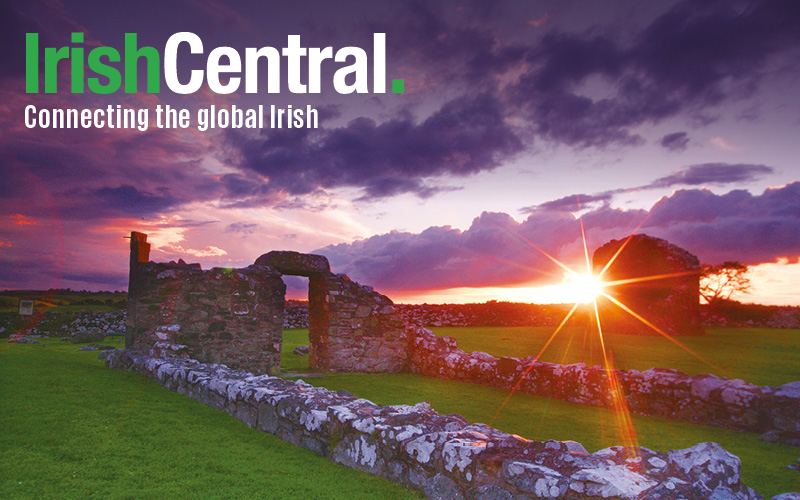Irish people are being told to forget eating out for lunch, no more daily coffee take-outs, and to cancel their magazine subscriptions – tips that could save almost €2000 ($2,600) per year, according to the country’s financial regulator.
In its new “Recession Survival Guide”, which was released Monday, the Irish financial regulator says that it can help “you cope with the recession and redundancy worries, by managing your money more effectively and dealing with debt.”
It follows last month’s emergency budget, which saw the Irish government raise taxes and cut benefits, in a desperate bid to save the country’s rapidly deteriorating finances.
The Irish recession has been spectacularly severe, just as its economic growth in the preceding years was spectacularly steep.
Having entered into its recession last year with a relatively low national debt, Ireland now runs a projected deficit of more than 10 percent of gross domestic product this year. Its economy is expected to contract by around 8 percent this year, one of the sharpest downturns in the Eurozone area.
This new guide then, from a government agency that has been criticized for being lax in its oversight of the Irish banking sector, one of the factors said to be responsible for the severity of the Irish recession, is very much a sign of the times.
During the days when Ireland’s Celtic Tiger economy was the envy of Europe, if there was one consumer product that symbolized the Irish boom, it was the café latte.
Back when Ireland was one of the poorest counties in Western Europe, the country didn’t have much of a café culture. People drank tea. If you were lucky, perhaps you could get a cup of instant coffee.
Then, all of sudden, from the mid-1990s onwards, Dublin’s City Center saw European-style cafes spring up everywhere. As if to demonstrate that they were no longer poor, unsophisticated, and on edge of Europe, the Irish enthusiastically embraced their lattes, and were prepared to pay exorbitant prices for them.
Those days, however, are well and truly over, as the Recession Survival Guide demonstrates.
In one section on the site, entitled, “How to Live on a Lower Income” – which will undoubtedly be applicable to thousands of Irish workers who have seen experienced pay cuts in the pay year – the Guide advises people to “Cut back on the little luxuries.”
“Your non-essential spending (clothes, magazines, entertainment etc) is where you can potentially cut down,” it continues. “You can save hundreds with small measures such as replacing morning coffees and work lunches with homemade brews and packed lunches.”
It also recommends considering switching your current account for free banking, changing your home insurance and changing your car insurance, for big savings.
Meanwhile, the Irish Department of Transport has launched another recession beating initiative – by launching the country’s first National Cycle Policy Framework.
The government aims for a five-fold increase in bike use by 2020, and free up the traffic-congested streets of Dublin, a legacy from the country’s rapid economic growth.
As well as saving cash, the government says, biking is good for the nation’s health.
“We are all familiar with the hassle of lengthening journey times and traffic congestion as well as the harmful effects of greenhouse gas emissions from vehicles,” said the Irish Minister for Transport, Noel Dempsey.
“Equally we are aware of the health benefits of pursuing more active lifestyles. That’s why a return to the bike can make very real sense.”




Comments